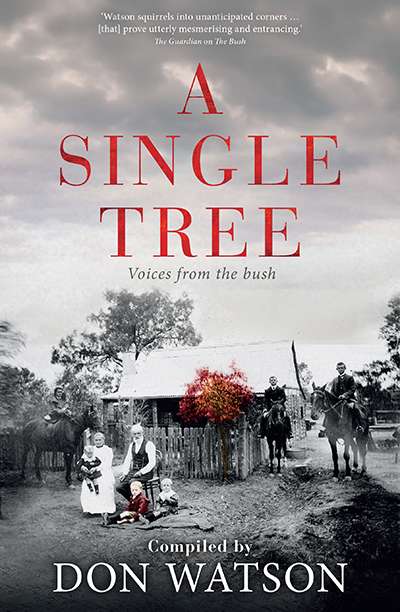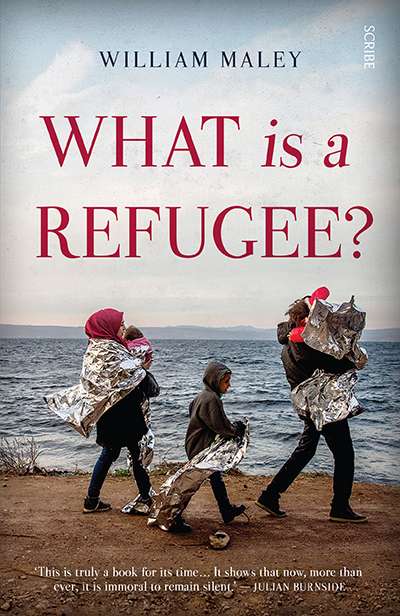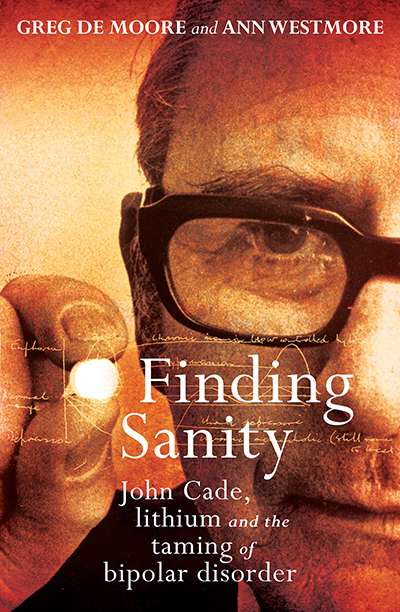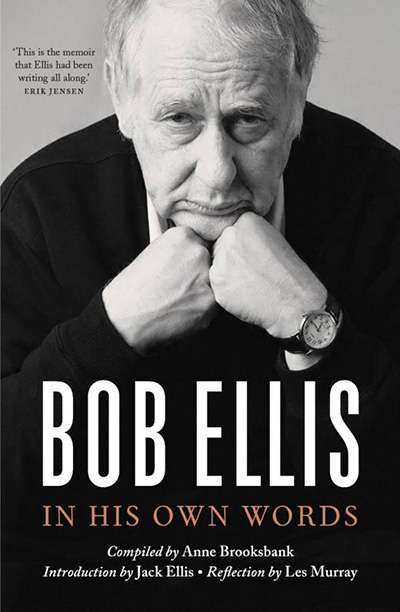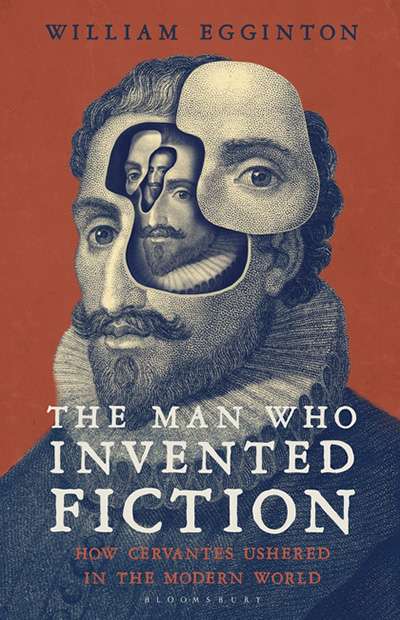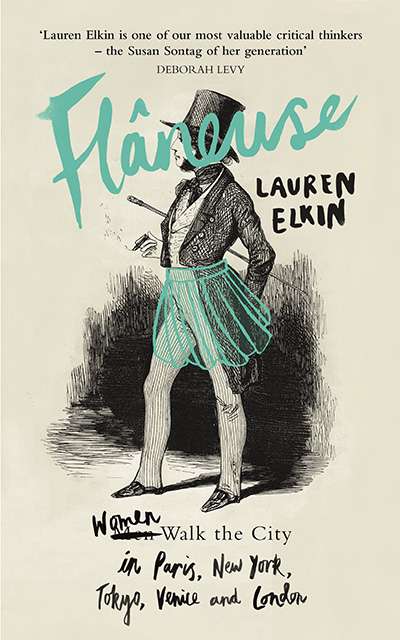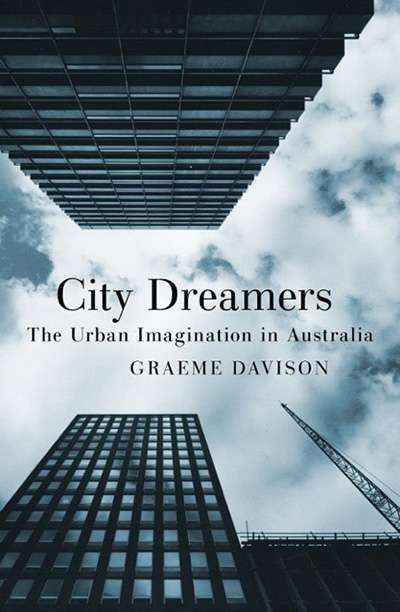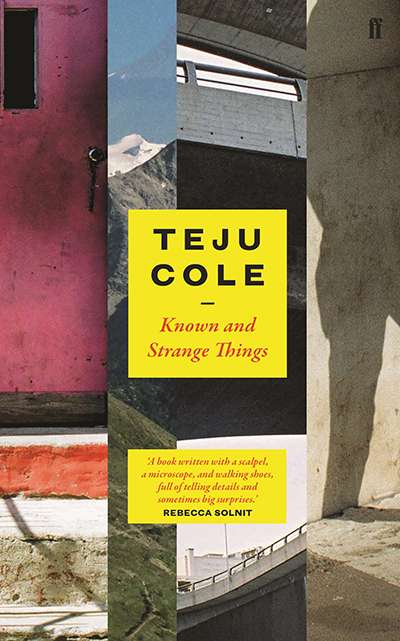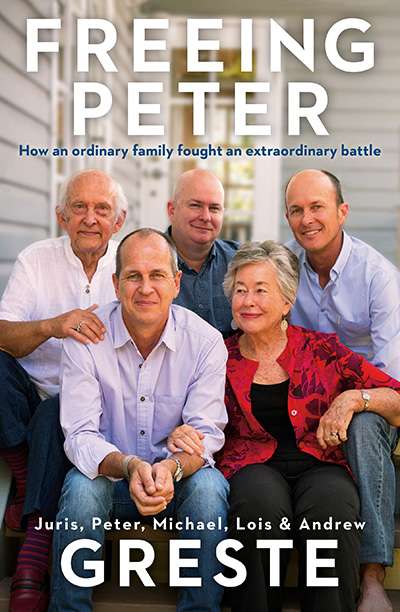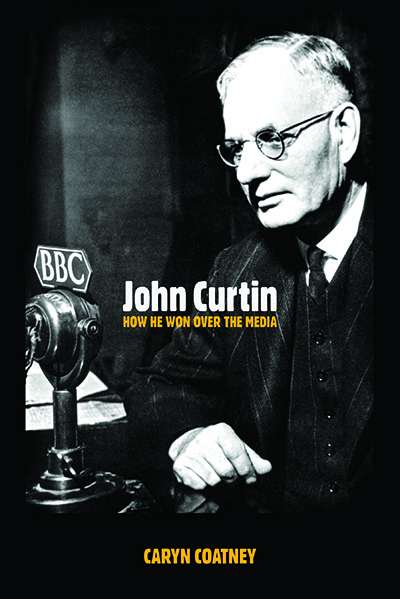Non Fiction
A Single Tree: Voices from the bush by Don Watson
In The Bush (2014), Don Watson explored notions of what that most variegated of terms, ‘the bush’, meant to earlier generations, including his own family. In ...
... (read more)Three years ago, Australia was supposedly being overrun by asylum seekers arriving by boat. The situation was considered grave and dominated public debate and the ...
... (read more)Finding Sanity: John Cade, lithium and the taming of bipolar by Greg De Moore and Ann Westmore
Edward sits on Sydney Harbour Bridge, considering jumping. It is 1948, and he has written several times to George VI about building a new naval base in the waters below, and not ...
... (read more)Bob Ellis: In his own words by Bob Ellis, compiled by Anne Brooksbank
In his introduction to Bob Ellis: In his own words, Bob’s son Jack says of his father that ‘writing was his reason for being ... and through his writing he saw himself in conversation ...
... (read more)The Man Who Invented Fiction: How Cervantes ushered in the modern world by William Egginton
The four-hundredth anniversary of Miguel de Cervantes’s death serves as a good reminder of the influence and importance of his oeuvre, and perhaps too of our strange obsession with ...
... (read more)Flâneuse: Women walk the city in Paris, New York, Tokyo, Venice and London by Lauren Elkin
As we step out of the house,’ writes Virginia Woolf, in her 1927 essay ‘Street Haunting’, ‘we shed the self our friends know us by and become part of that vast republican army of ...
... (read more)City Dreamers: The urban imagination in Australia by Graeme Davison
In The Oxford Companion to Australian History, of which he was a co-editor with John Hirst and Stuart Macintyre, Graeme Davison begins his essay on Geoffrey Blainey by saluting him ...
... (read more)In the opening piece of his book of collected essays, the novelist and photography critic Teju Cole feels briefly possessed by the spirit of James Baldwin who, like him, travelled outside the ...
... (read more)Freeing Peter: How an ordinary family fought an extraordinary battle by Juris Greste et al.
It seems appropriate in an account of justice thwarted that the name of journalist Peter Greste’s father is Juris. In 2013, Greste, an Al Jazeera journalist, was accused with colleagues ...
... (read more)John Curtin occupies the top tier in the pantheon of Australian national leaders. ‘Expert’ rankings of former officer holders – a practice lately imported from the United States, where ...
... (read more)
